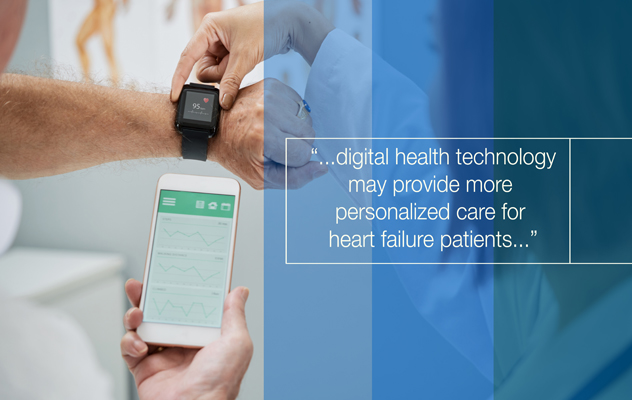
“When I first heard the word ‘heart failure’ – honestly, I was shocked,” says a patient named Myra as she describes how a heart failure diagnosis changed her life. “I went into the hospital taking zero meds, and I left the hospital with six prescriptions to fill.”
Myra is one of six million Americans, and sixty-four million people worldwide, living with heart failure. This life-threatening condition is the leading cause of hospitalization in people over the age of 65. After a heart failure diagnosis, many patients find themselves with prescriptions for multiple medications and it can be challenging to manage.
There are many barriers to patients like Myra receiving the right therapy or the correct dose and their quality of life may suffer as they struggle with debilitating symptoms like shortness of breath and chronic fatigue.
In search of better ways to help heart failure patients manage their disease, Amgen is sponsoring a new study in collaboration with leading US healthcare providers including Brigham and Women’s Hospital and Inova Heart and Vascular Institute.
The study will investigate whether wearable digital health technologies, like smartwatches, remote patient status evaluation and cloud-based data services, can help physicians monitor changes in patients’ conditions so they can get the optimal doses of potentially life-saving heart failure medications.
These wearable monitoring devices pair with a patient’s smartphone to allow data such as heart rate, blood pressure, body weight and movement to be transmitted to the investigating doctors in real time. The study aims to determine whether these tools can help physicians make better informed decisions and provide patients with more personalized treatment options.
Patients will also be asked to give regular feedback through their smartphones about how they feel day-to-day, and their quality of life, using a validated patient-reported outcomes tool. The study aims to show that providing patients the opportunity to share updates with their physicians as they happen may help ease the burden of trying to remember worrisome symptoms or challenges during a physician consultation.
Amgen aspires to shift from the current ‘break and fix’ model of healthcare to a ‘predict and prevent’ approach that improves outcomes and quality of life for patients like Myra. By collaborating with respected partners around the world, Amgen hopes to co-create a more sustainable healthcare ecosystem.
